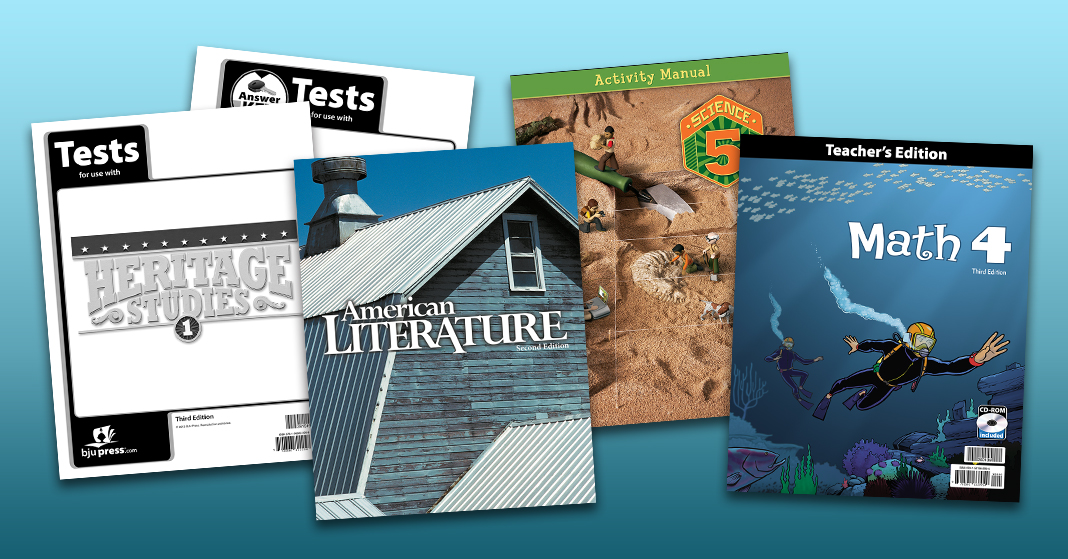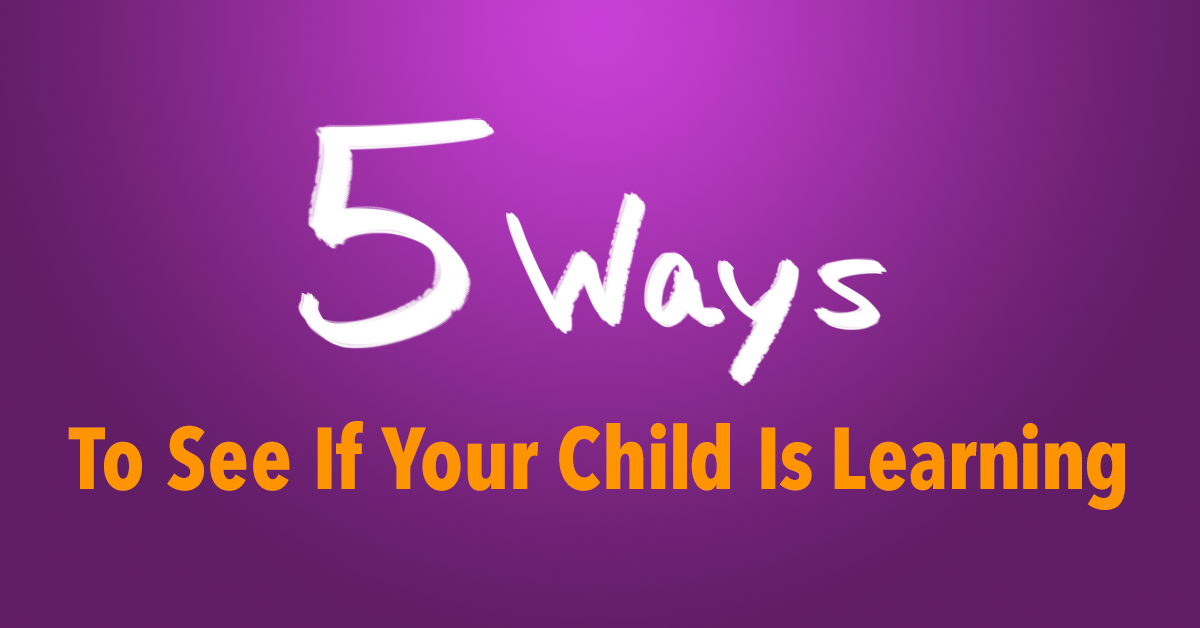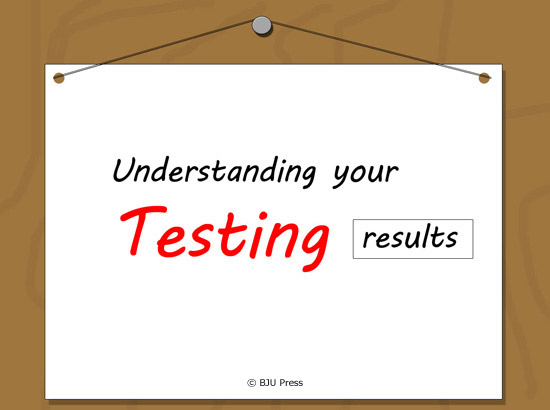
What are all these books even for?
Have you ever caught yourself thinking that as you unpack your boxes full of homeschool curriculum for the year? Especially if you’re teaching the material yourself, there’s a lot of stuff in those boxes. Mixed in with the excitement for the coming homeschool year, you might find yourself asking, “Do I really need all this? What do these books do?”
Teacher Edition
If you really want to teach your children yourself, you need something that’s more than a glorified answer key. A good teacher edition will give you valuable resources that equip you to teach each lesson in a way that enables your children to understand the content.
You don’t have to be a subject expert to teach your children. And, as a parent, you’re probably already an expert or becoming an expert on how your children learn. What you need in your homeschool curriculum is a resource that equips you to create a learning experience that your child needs—without long, fruitless Pinterest searches.
BJU Press teacher editions offer strategies for presenting the content in ways that will bring children into the lesson. Those strategies may use hands-on learning, visual learning, discussions, or even storytelling. For example, you don’t have to go find resources for your study of light in Science 4. The Science 4 teacher edition offers additional resources for you, including directions for creating a shadow box theater or a kaleidoscope.
To get your children really thinking about what they’re reading, you need to ask questions. But what kind of questions? Which ones will get your kids really thinking about the content? Discussion questions and worldview development strands that you can choose from get your children thinking about the content. Additionally, they help them know how to think about it from a biblical worldview.
Besides teaching strategies and discussion questions, teacher editions also include lesson guides, background information, rubrics, answers, lesson plan overviews, and suggested schedules for the year. A teacher edition is truly a teaching resource.
Student Edition
The student edition or student worktext will be the most familiar piece. You might think of it as the core of your homeschool curriculum. It’s the book your children go to every day—or most days, depending on your schedule—to read lessons and complete assignments. Some textbooks may give you flashbacks to your high school days or make your homeschool feel like you’re just doing “school at home,” but a good textbook goes beyond the stereotype.
Textbook material will often be the first informational texts that your children read. Reading informational texts is an important skill for kids to develop because they will be reading and interacting with informational texts throughout their school days and as adults. When was the last time you read an instruction booklet, a news blog, or a how-to article? What about a devotional book or a sermon transcript? Even this post is an informational text. Information is all around us, and children need to learn how to read it, think about it, and respond to it appropriately. That’s why every BJU Press textbook is designed to help students as they work with informational texts.
Activities
An activities book seems kind of self-explanatory, doesn’t it? It’s a book full of activities. But what do those activities do? Many of them will be simple exercises that require just the book and a pen or pencil. Even though these activities seem simple, they give your kids a chance to review what they’ve learned so that they can develop mastery with the content. Other activities, especially in science, will be important for approaching the content in a different way. Not all children learn the same way, and your children may need to receive different kinds of information in different ways. So BJU Press activities also give your children the opportunity to draw pictures or diagrams of the content, to create models of it, to act it out, and so forth.
Assessments
Tests may be the bane of most students’ existence, but they do serve the vital function of giving you a way to evaluate whether your children are learning the skills they’re supposed to be learning. You may not plan on keeping track of all their scores, especially if you don’t have to submit grades to your state or a homeschool organization. But even if you don’t use the grades—because the numbers don’t really matter anyway—you can still use the information. Are your children showing that they can comprehend what they’re reading? Are they able to use reasoning skills as they answer questions? Can they think critically about the information? Are they drawing valid conclusions about it? Your children aren’t so much acing or failing tests as they are showing successes or weaknesses in their learning.
Do you know what all these homeschool curriculum pieces have in common? They’re all designed to do exactly the thing you want to do in your homeschool—teach. They give you manageable lessons so that you don’t have to go looking for lessons or create your own. Learn more about our textbook kits to find the perfect fit for your family!

